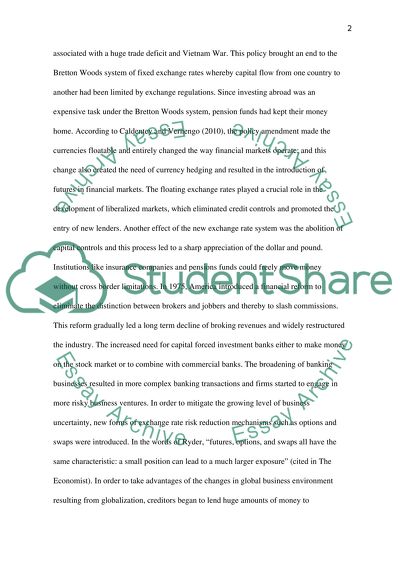Cite this document
(“Do Modern Finance And Government Intervention Crash The Financial Research Paper”, n.d.)
Do Modern Finance And Government Intervention Crash The Financial Research Paper. Retrieved from https://studentshare.org/finance-accounting/1402743-do-modern-finance-and-government-intervention-crash-the-financial-system
Do Modern Finance And Government Intervention Crash The Financial Research Paper. Retrieved from https://studentshare.org/finance-accounting/1402743-do-modern-finance-and-government-intervention-crash-the-financial-system
(Do Modern Finance And Government Intervention Crash The Financial Research Paper)
Do Modern Finance And Government Intervention Crash The Financial Research Paper. https://studentshare.org/finance-accounting/1402743-do-modern-finance-and-government-intervention-crash-the-financial-system.
Do Modern Finance And Government Intervention Crash The Financial Research Paper. https://studentshare.org/finance-accounting/1402743-do-modern-finance-and-government-intervention-crash-the-financial-system.
“Do Modern Finance And Government Intervention Crash The Financial Research Paper”, n.d. https://studentshare.org/finance-accounting/1402743-do-modern-finance-and-government-intervention-crash-the-financial-system.


